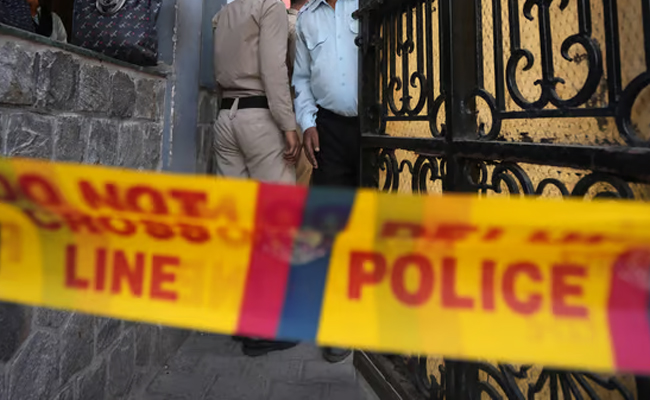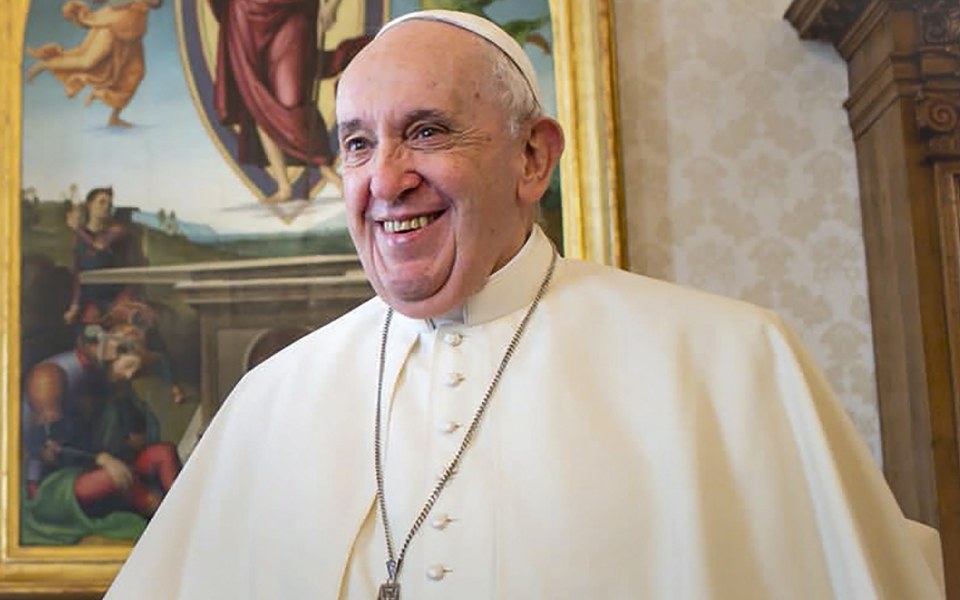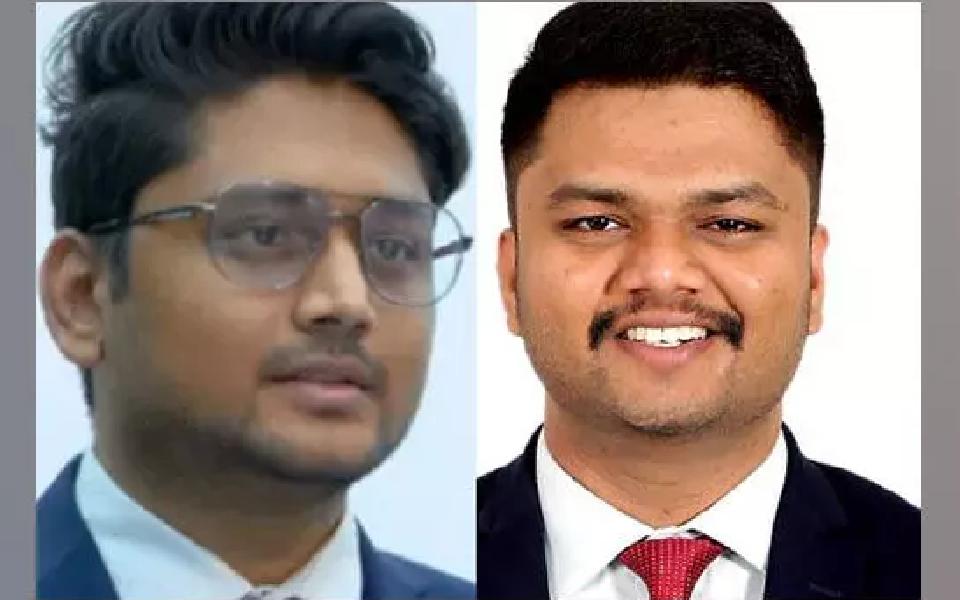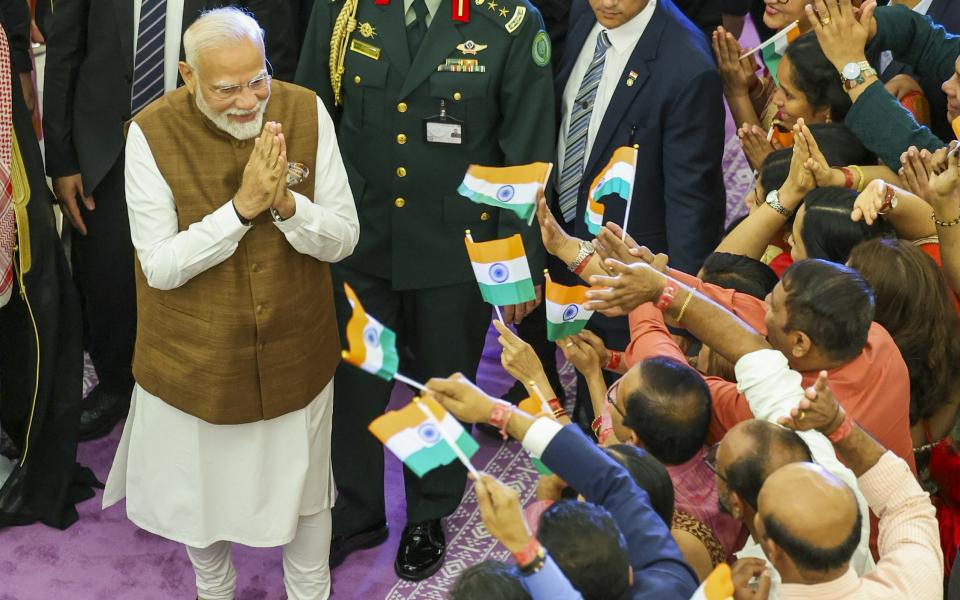New Delhi (PTI): After bomb threats over email to schools, hospitals and other establishments in the national capital, the Delhi Police has planned to expand its bomb detection, disposal and dog squads in each of its district for swift action, official sources said.
There are five bomb disposal squads, 18 bomb detection teams and one dog squad with 70 canines for Delhi's 15 police districts. All three units are under the Crime Branch.
In the past two months, there have been at least seven instances of hospitals, schools, colleges, museums, railway establishments, prisons and government offices getting bomb threats via email that were sent using virtual private networks (VPN) or proxy servers.
The threats were later found to be hoaxes and are being investigated by the Special Cell.
The sources said whenever such a threat is received, the entire machinery of the administration is tasked with sweeping the premises.
After the local police, the bomb detection, disposal and dog squads are first responders in such emergencies, they said.
But due to the limited resources available with these units, the personnel are overworked and that leads to a higher probability of mishaps, they added.
An official source said there is a plan to increase the strength of these squads and setting up dedicated units for each police district of Delhi.
This will help the force act swiftly during emergencies, the source said and added that a plan has been drafted and the files sent to the higher authorities for approval.
According to the proposal, the bomb detection, disposal and dog squads will be divided with the induction of more personnel.
There is a proposal to buy gadgets for bomb detection, disposal as well as bulletproof jackets.
The dog squad, which currently has 61 sniffers, six trackers and three for detecting narcotics, may be distributed among each police district.
The number of dogs and handlers will also be increased if the proposal is approved, the sources said.
According to official data, the Delhi Police's dog squad has 27 labrador retrievers, 18 Belgian shepherds (malinois), 16 German shepherd, and nine golden retrievers aged between six and nine months.
On average, each dog serves the force for around nine years, after which they are handed over to non-government organisations following their retirement, an officer said.
There are dedicated dog squad units at a few locations but the police's plan proposes to set up units in its Shahdara, South, Rohini, Southeast, Outer, Outernorth, Northeast and Dwarka districts, the official source said.
Let the Truth be known. If you read VB and like VB, please be a VB Supporter and Help us deliver the Truth to one and all.
New Delhi: Following the death of Pope Francis at the age of 88, senior Indian bishops have expressed sorrow not only over his passing but also over what they describe as a missed opportunity for India, reported Maktoob Media.
According to Delhi Archbishop Anil Joseph Thomas Couto and Thamarassery Bishop Mar Remigiose Inchananiyil, the Indian government repeatedly failed to grant permission for the Pope's long-awaited visit, despite consistent interest from the Vatican.
“He too was waiting,” said Archbishop Couto. “Five years ago, he had said, ‘I am knocking on the doors of your government, but they are not opening the doors to me.’ Now maybe God has opened the doors for him in heaven.” His words echoed deep regret that India never hosted the late pontiff, who had made clear his intention to visit the country.
Bishop Inchananiyil reinforced the sentiment, stating, “The Pope had a special desire to visit India. Unfortunately, our doors did not open. That caused him great sorrow.”
The Pope’s unfulfilled visit has drawn renewed scrutiny toward the Indian government’s apparent reluctance, despite earlier gestures suggesting otherwise. At the G7 summit, Prime Minister Narendra Modi had publicly extended an invitation to Pope Francis, and Union Minister George Kurien had emphasized that both the Indian state and the Christian community were awaiting his visit. However, the formal diplomatic process that would enable such a trip never reached fruition.
India has not hosted a papal visit in over 25 years. The last visit was by Pope John Paul II in 1999, who also made a significant trip in 1986. Prior to that, Pope Paul VI had visited Mumbai in 1964 for the International Eucharistic Congress, marking the first-ever papal visit to the country.
Despite India being home to one of the largest Catholic populations in Asia greater than in many Christian-majority nations such as East Timor, Papua New Guinea, and Singapore the late pontiff was never able to set foot on Indian soil. In 2017, his planned visit fell through when India did not extend an official invitation, leading him instead to visit neighboring Myanmar and Bangladesh.





